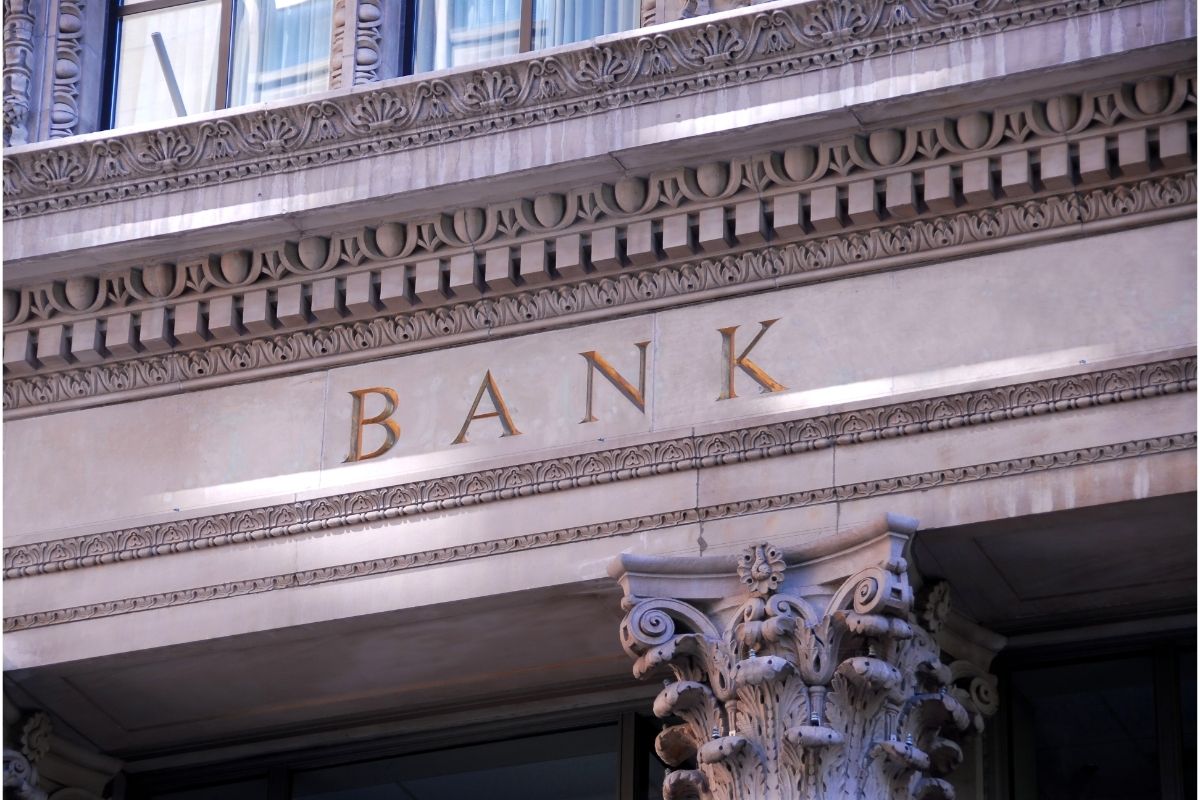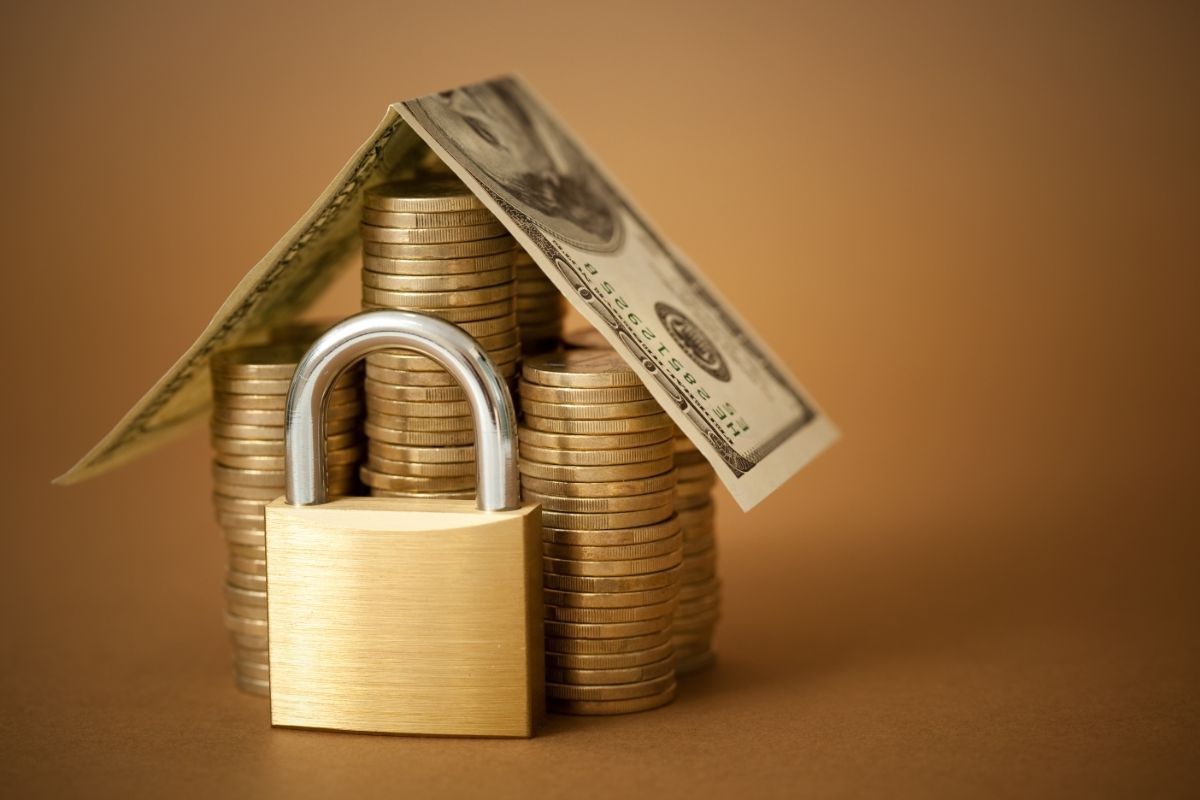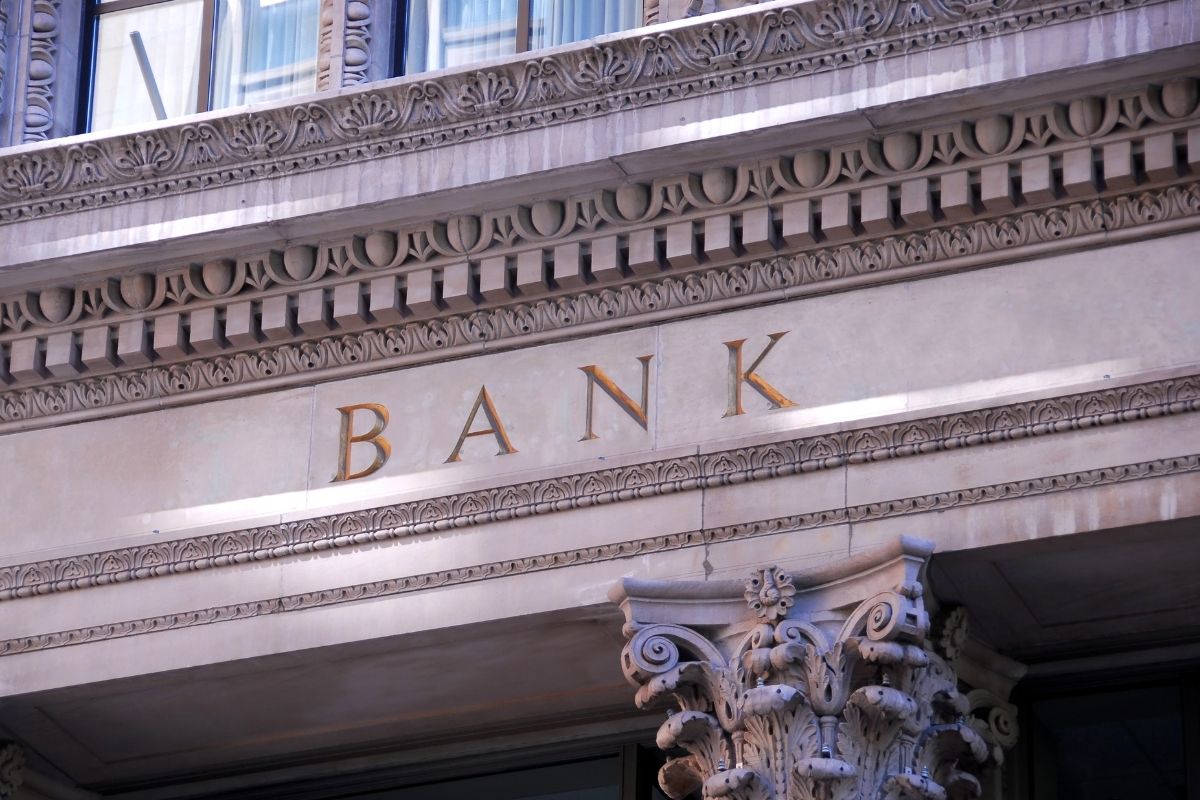Which is the safest bank to invest your money in?
There are several banks offering various services such as savings accounts, credit cards, loans, etc. The question is which is the safest bank to put your money into?

It is important to choose a safe bank because your money is at risk. If you’re not sure which banks are the safest ones to keep your money in, then stick with us to find out more.
How To Choose A Safe Bank
We suppose the main question you’re asking is what exactly constitutes a ‘safe’ bank?
Many banks are offering various services such as savings accounts, credit cards, loans, etc. The question is, which is the safest bank to put your money into? Well, we have prepared a list of things that make up a safe bank for you:
1) An independent body should regulate the bank called the Financial Services Authority (FSA). This means that it has been checked and approved by them before they can operate legally.
They also ensure that all their employees are qualified and appropriately trained.
2) The bank should offer competitive rates of interest on its products and services.
3) The bank should provide security measures like safes and CCTV.
4) The bank should have a good reputation among its customers.
5) The bank should be able to pay back any money you deposit if there’s a problem.
6) The bank should be FDIC insured. This means that the Federal Deposit Insurance Corporation will cover any losses that may occur within the bank.
7) The bank should give you some sort of guarantee or insurance policy against fraud.
8) The bank should be open 24 hours a day, 365 days a year.
9) The bank should be licensed to operate in your country.
10) The bank should have branches in many locations.
Choosing The Right Bank: Things To Avoid
Now that you know what you SHOULD be looking for in a bank let’s run you through those infamous banking ‘red flags’ that you should make every effort to steer clear of.
1) Banks that charge fees for using their services.
2) Banks that don’t allow you to use your debit card abroad.
3) Banks that do not offer a free checking account.
4) Banks that only accept cash deposits
5) Banks that do not give you access to your own money.
6) Banks that do not allow you to withdraw your own money.
7) Banks that charge extra for using plastic when paying bills.
8) Banks that take your money without giving you anything in return.
9) Banks that charge you high fees for simple transactions.
10) Banks that ask you to sign blank checks.
11) Banks that charge you for using ATMs.
When choosing your next bank, AVOID THEM if you encounter any of these things. There’s a strong chance that your money will not be safe with these banks in the long term.
With that in mind, what banks should you turn to for safety and security?
Americas’ Safest Banks: A Round-Up

The following banks are considered to be the most secure in America:
- JP Morgan Chase
- CitiBank
- Wells Fargo
- UBS
- US Bank
- HSBC BANK USA
Why We Like These Banks
These banks are known for providing great customer service, so you’ll find that they are very helpful and friendly.
Their staff are well-trained and experienced, and these banks are also FDIC insured, so you won’t lose your money if something happens.
The Federal Deposit Insurance Corporation will cover any losses that may occur within the bank.
They also offer competitive rates of interest. For example, JP Morgan Chase offers 1% APY while Bank of America gives 0.25%.
So if you’re looking for a safe place to store your money, why not consider these banks instead of other banks that aren’t as reliable?
Wells Fargo is another one of the most secure banks in America. Why? Well, Wells Fargo is FDIC insured, which means that your money is protected.
They also offer competitive interest rates, from 1% APR to 3.99% APR. And the best thing about this bank is that it has over 20 million customers worldwide!
That’s more than any other bank in America. So, if you need a vote of confidence to help you make your decision, just consider that statistic!
Another of the safest banks in America to consider is CitiBank, which is FDIC insured, offering up to $250,000 worth of protection per depositor.
In addition, CitiBank offers competitive interest rates – from 1% APR to 5.24% APR. And lastly, CitiBank has over 300 years of experience in banking, making them one of the most trusted names in American banking today.
HSBC Bank USA is yet another bank that is considered to be one of the safest banks in the United States.
HSBC Bank USA provides its clients with an array of financial products and services, and it’s also FDIC insured, meaning that your money is always protected.
Finally, HSBC Bank USA has been around since 1852, making them one of America’s oldest banks.
UBS is another bank to consider. What makes UBS so safe? First off, their headquarters are located in Switzerland, where there are strict laws regarding banking practices.
Secondly, UBS is FDIC insured, meaning your money is completely safe.
Thirdly, UBS offers competitive rates of interest, starting at 2.5% APR to 4.9% APR, and they’ve been around since 1798, giving them plenty of time to learn how to do business properly.
Final Thoughts
In an age of economic uncertainty, we all want our money to be as safe and secure as possible. This decision alone can make choosing the right bank such a challenge.
Thankfully, there are plenty of reputable, insured banks in America that have held up well in times of economic turbulence and remained top choices for consumers.
We hope this guide has helped you consider the things you should be looking for in a ‘safe’ bank and what big names are worth investigating.
Financial Disclaimer
This post contains sponsored advertising content. This content is for informational purposes only and not intended to be investing advice.
The investing information provided on this page is for educational purposes only. compundingstacks.com does not offer advisory or brokerage services, nor does it recommend or advise investors to buy or sell particular stocks or securities.
The owner(s) of this blog is compensated to provide opinion on products, services, websites, and other topics. The owner(s) may be compensated if you click on a provided link and purchase or sign up for a service. Any product claim or advice about a product or service should be verified with the manufacturer, provider, or party in question. Copyright Compounding Stacks © 2022
- Is Coinbase Safe For Beginners? - March 25, 2022
- Are Penny Stocks Good For Beginners? - March 25, 2022
- Why You Shouldn’t Save Your Money In A Bank? - March 25, 2022

